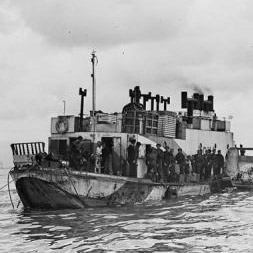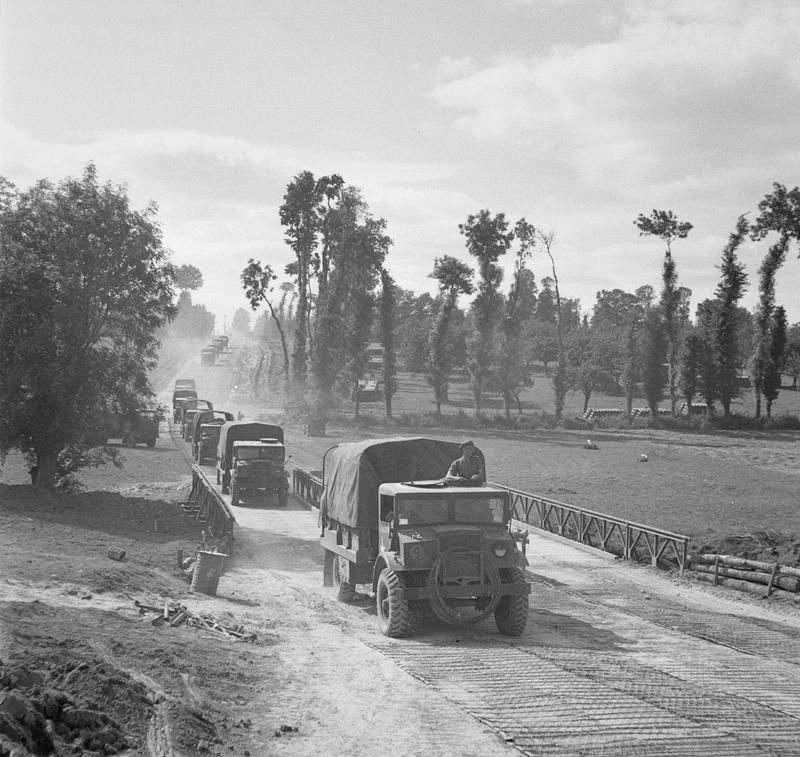Britain's Colonies in the War: No. 13 - Mauritius
The War Illustrated, Volume 8, No. 188, Page 264, September 1, 1944.
Stout support from another small but strong British Empire island, Mauritius, which became a British colony in 1814, aids the United Nations towards victory. Lying in the Indian Ocean, in Port Louis it has vital links with Colombo, Durban and Madagascar. Cyclones which frequently sweep the island would destroy crops such as corn, so the cultivation of sugar cane, which usually stands up to such conditions, is the main industry, although some tea and fibre hemp are also produced. Recent Government grants voted Mauritius and Jamaica £35,000 for the development of the sugar industry and, perhaps more important, installation of food yeast factories. Food yeast, which looks like a cereal, is rich in protein and will play a big part in future world dietary. Mauritius has its own regiment fully trained for modern warfare. Salvage forms another useful contribution; while wartime restrictions of food supplies are eased by special Nutrition Demonstration Units.
Mauritians are eager to learn how to make best use of their food from the demonstration experts. Sugar cane is brought in high-wheeled carts to factories for processing. Barges unload scrap metal at a quayside. Under jungle conditions the Mauritius Regiment trains.
Previous and next article from Britain's Colonies in the War
Britain's Colonies in the War: No. 12 - Gambia
Linked with Britain for over 350 years, since 1588 when Queen Elizabeth granted a patent to English merchants to trade with the country, is Gambia in West Africa, which became a Colony in 1888. After
Index
Previous article
I Was There! - They Bake 1,000 Loaves a Day for Invasion Craft
Admiral Sir Bertram Ramsay, Allied Naval C.-in-C., has sent a message of congratulation to the men in the landing ships engaged in the vitally important work of building up supplies in Normandy. Here
Next article
'Magic Carpets' Help to Keep our Forces Moving
Bogged vehicles and grounded aircraft are millstones around the neck of an army; if its transport ceases to flow, offensive action becomes impossible and defence a matter of uncertainty. How perplexin





